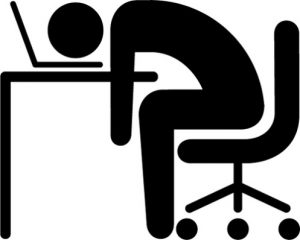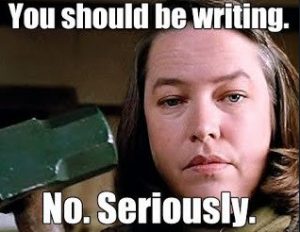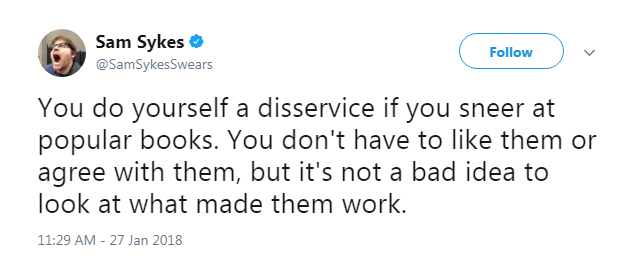Those of you who know me or have been following this blog for a while know that I rarely take a day off. I write, blog, or otherwise work on author stuff both before and after my day job. I don’t generally take weekends off either. In honor of Labor Day I have decided to take a weekend off from putting out a standard, full-length blog post.
Those of you who follow me on social media may have heard that I was working on a couple of potential posts for today, one of which was tentatively titled A Small Dark Stone. That flash fiction has turned into a longer story. I may post it here at a later date, but for now it’s still a work in progress.
In the meantime, check out some of my other writing. Middle Finger to the World is a cyberpunk reflection on the trajectory of a broken life, and Interference is the first chapter of a longer future noir story currently under construction. It will feature sentient androids, human biases, and a freelance IT specialist caught up in a dark and gritty murder mystery. More flash fiction can be found under A Taste of Things to Come.
If you’re interested in checking out some of my longer work, Necrotic City is available from Amazon, Barnes & Noble, Kobo, and other fine booksellers. Most recently it has been hailed as “Robocop meets Dante’s Inferno,” and you can read the full review here.
Hel’s Fury is a short story about love and injustice in a grim future Alaska where technology has advanced, but human rights are still stuck in the 1950s. It’s featured in the charity collection Trumpland: An Alternative History of the Future.
Be good to each other. Standard posts will resume next weekend.




